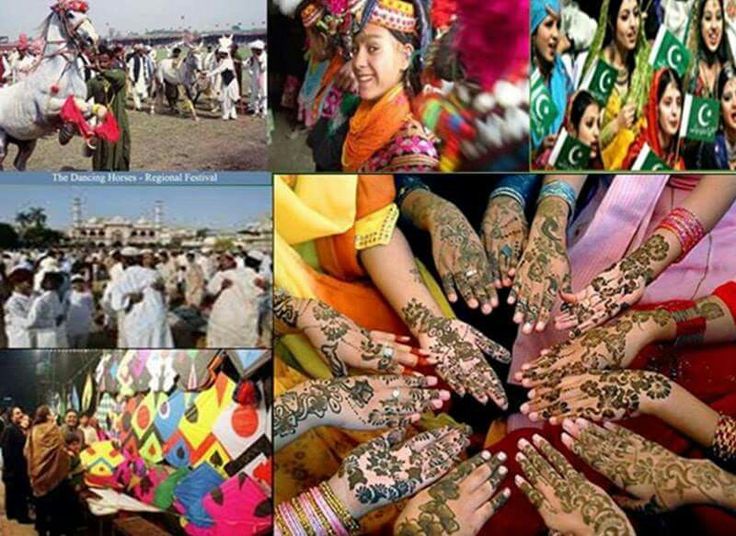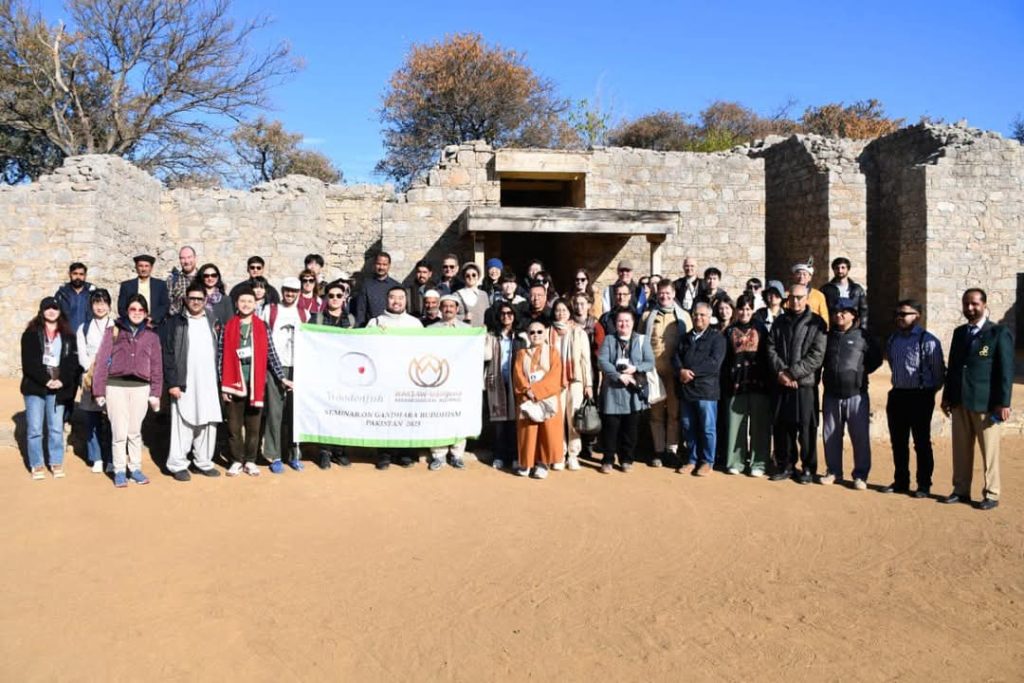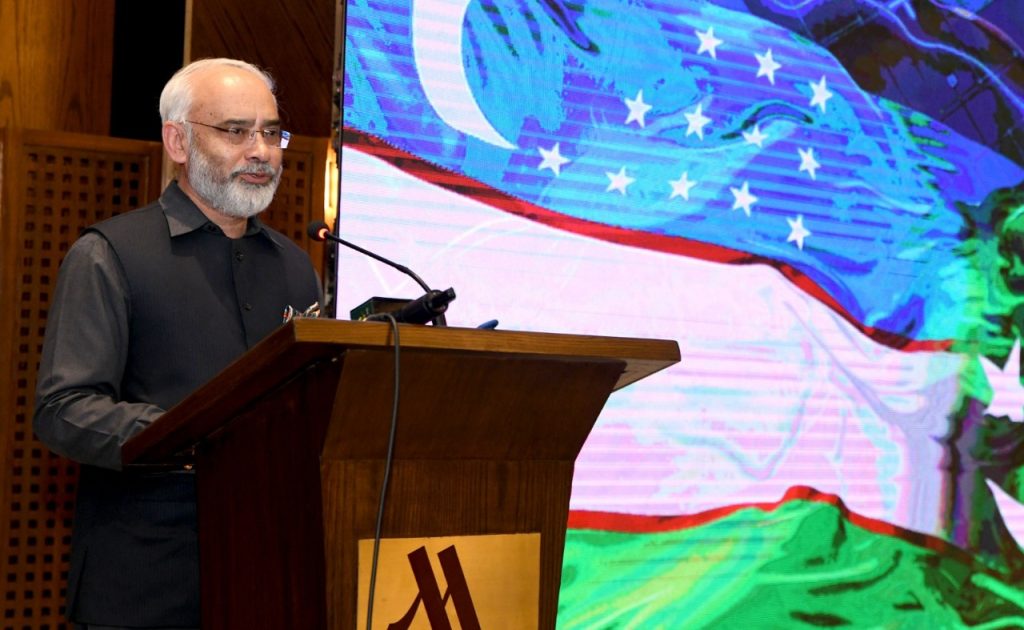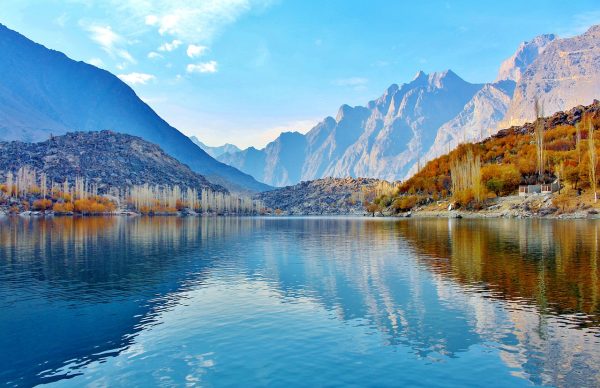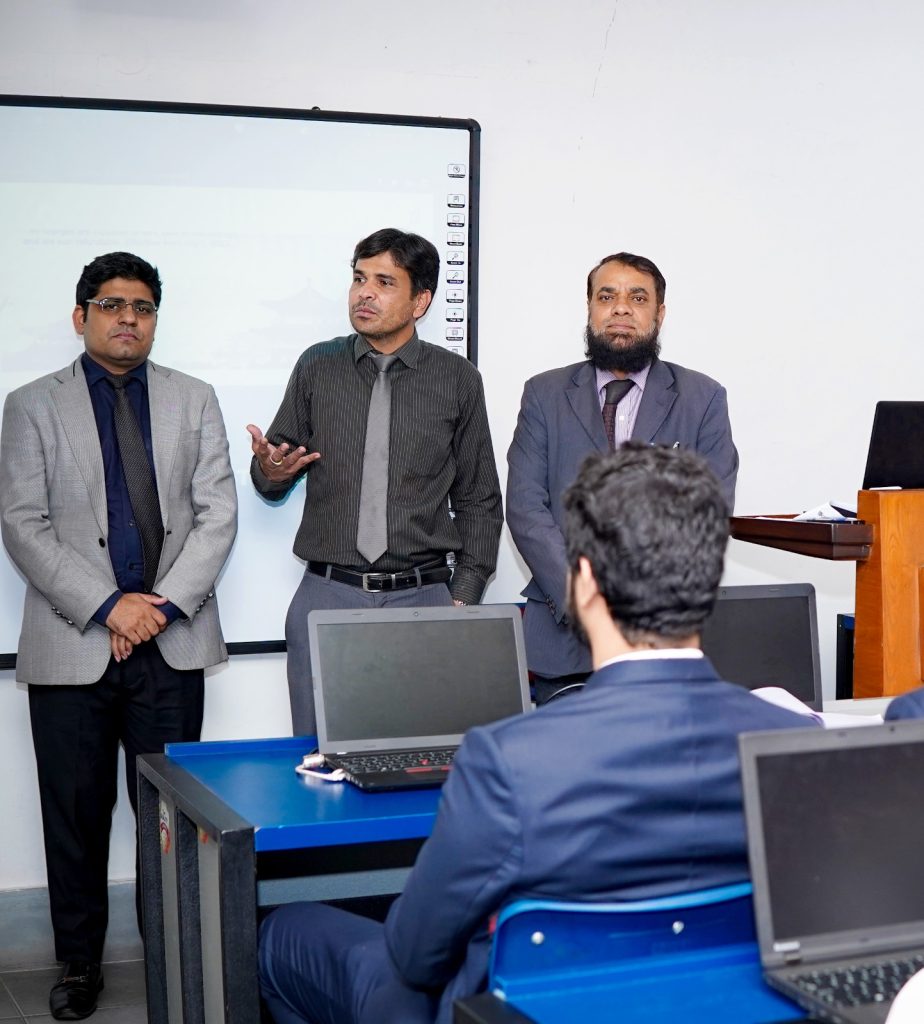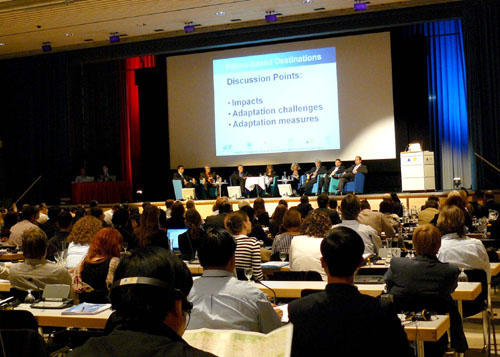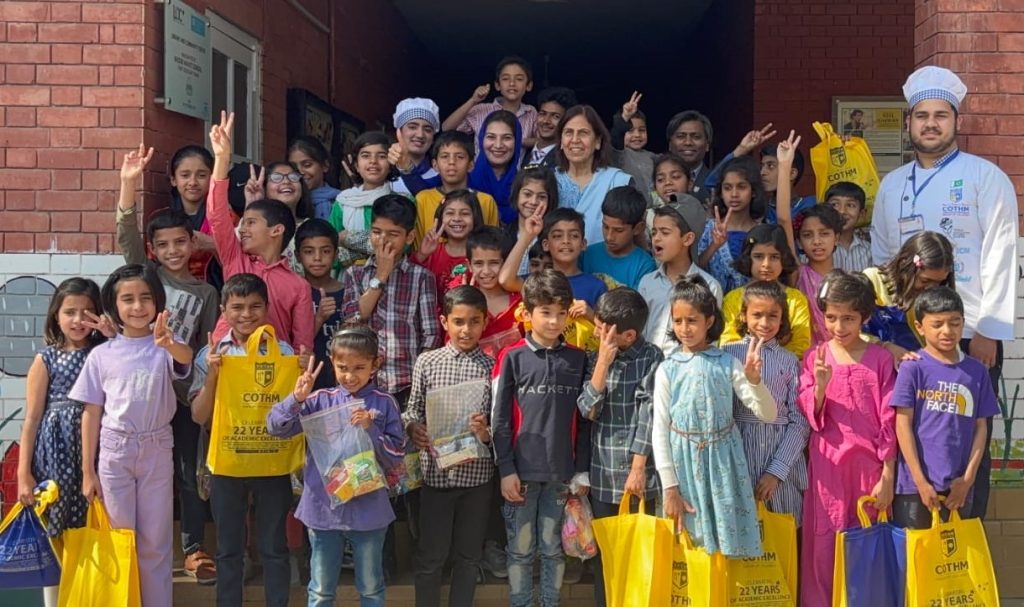HP News
Tourism holds immense potential for economic growth and cultural exchange in Pakistan, a country blessed with breathtaking landscapes, rich history, and diverse cultures. However, the benefits of tourism can only be fully realized when local communities are actively engaged in the process. Community engagement in tourism not only empowers local residents but also plays a crucial role in preserving culture, fostering sustainable development, and promoting responsible tourism practices.
Empowering Local Residents
In many regions of Pakistan, tourism has the potential to uplift marginalized communities by providing opportunities for economic empowerment and social development. By involving residents in tourism activities, such as homestays, guided tours, handicraft production, and cultural performances, communities can generate income and improve livelihoods. This not only reduces poverty but also creates a sense of ownership and pride among residents, who become active stakeholders in the tourism industry.
Moreover, tourism can serve as a catalyst for skill development and capacity building within local communities. Training programs on hospitality, language proficiency, entrepreneurship, and cultural preservation can equip residents with the necessary skills to actively participate in tourism-related activities. By investing in human capital, tourism stakeholders can empower residents to take on leadership roles, contribute to decision-making processes, and benefit from the socioeconomic opportunities that tourism brings.
Preserving Culture
Pakistan is home to a rich tapestry of cultures, traditions, and heritage sites that reflect its diverse history and identity. However, rapid urbanization, globalization, and modernization pose significant threats to the preservation of cultural heritage. Through community engagement in tourism, residents can play a pivotal role in safeguarding and promoting their cultural heritage.
One approach to preserving culture is through community-based tourism initiatives that celebrate local traditions, rituals, festivals, and craftsmanship. By showcasing authentic cultural experiences, such as traditional music and dance performances, culinary workshops, and artisanal crafts demonstrations, communities can share their heritage with visitors while preserving and revitalizing traditional practices.
Additionally, community-driven heritage conservation projects can help protect historical sites, monuments, and architectural landmarks from degradation and neglect. By involving residents in the restoration, maintenance, and interpretation of cultural heritage assets, communities can develop a sense of ownership and responsibility for their preservation. This not only ensures the sustainable management of cultural resources but also fosters pride and identity among residents.
Challenges and Opportunities
While community engagement in tourism offers numerous benefits, it also presents challenges that must be addressed to ensure its effectiveness and sustainability. One challenge is the need for capacity building and resource mobilization within local communities, particularly in remote and underserved areas. Investments in infrastructure, education, healthcare, and basic services are essential to improve living standards and enhance the tourism experience for both residents and visitors.
Furthermore, the equitable distribution of tourism benefits among all members of the community is essential to avoid disparities and conflicts. Transparent governance structures, community-led decision-making processes, and fair revenue-sharing mechanisms can help ensure that tourism revenues are reinvested in local development projects that benefit the entire community.
In conclusion, community engagement is integral to the success of tourism development in Pakistan. By empowering residents and preserving cultural heritage, tourism stakeholders can create inclusive, sustainable, and authentic tourism experiences that benefit both communities and visitors alike. Through collaborative efforts between government agencies, tourism operators, civil society organizations, and local communities, Pakistan can harness the transformative power of tourism to drive socioeconomic development, promote cultural diversity, and foster mutual understanding and respect.

